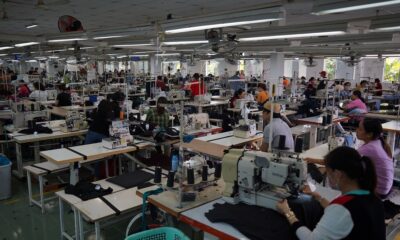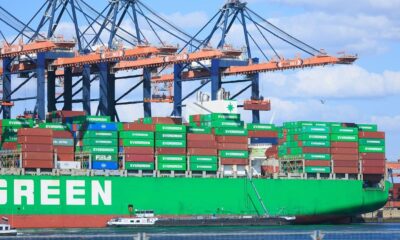Fashion
Trump tariffs cut into China sales of US firms: AmCham Shanghai survey
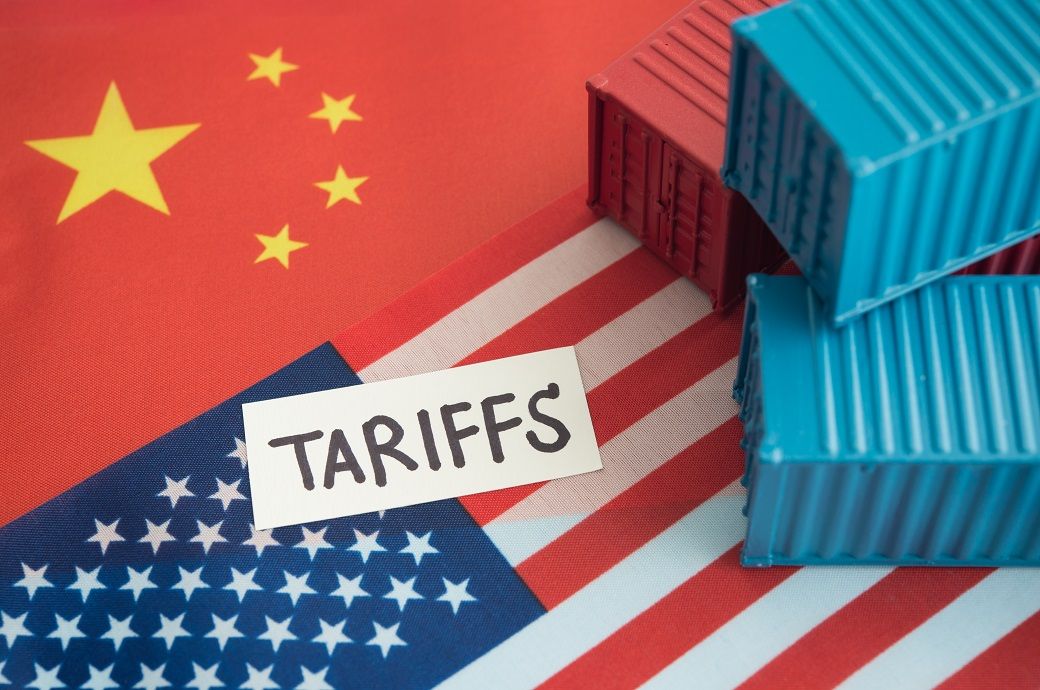
However, China’s efforts to demonstrate its continued openness to global business have yielded significant improvements in metrics related to the regulatory environment, it noted.
Seventy-one per cent of respondents were profitable in 2024, an improvement from 2023’s record low of 66 per cent. Profitability varied widely by sector; 80 per cent of manufacturers and 69 per cent of retailers were profitable.
Volatility in US-China trade ties has dragged optimism in the business environment, headquarter prioritisation of the China market and future revenue expectations to record lows, a survey by AmCham Shanghai found.
Just 45 per cent of respondents expect revenue to rise in 2025.
Forty-one per cent of them are optimistic about the five-year business outlook, with the rate lowest for manufacturers.
Fifty-seven per cent of respondents saw higher revenue in 2024 than in 2023, up from 50 per cent in the previous survey.
Sixty-four per cent of companies expect new US-China tariffs to drag on their 2025 revenue performance. As a result, just 45 per cent anticipate revenue to increase this year. This would be a record low if realised.
For the fourth consecutive year, the rate of respondents optimistic about the five-year business outlook in China hit another historic low. Now, 41 per cent of respondents express any optimism, with the rate lowest for manufacturers (36 per cent) and highest for retailers (51 per cent).
Twelve per cent of respondents ranked China as their headquarters’ top investment destination, also the lowest in the survey’s history.
Forty-eight per cent of respondents said that the regulatory environment was transparent, a 13-percentage point (pp) jump from last year. When asked about obstacles from regulatory challenges, members reported less hindrance across all options.
Over a third of respondents say that Chinese government policies and regulations toward foreign companies have improved in the past few years, 4 pp higher than 2024. Accordingly, 41 per cent say they are confident in China opening up further, a jump from 22 per cent last year.
Members continued to rank the US-China relationship or geopolitical tensions more broadly as the biggest challenge to their China operations and to China’s economic growth. Trade turbulence is weighing on willingness to invest in China and leading firms to double down on risk mitigation strategies, a release from the chamber said.
Forty-eight per cent of respondents urged the US government to completely remove all tariffs and non-tariff barriers on Chinese goods. Another 33 per cent want the removal of April’s reciprocal tariffs and other additional tariffs like the 20-per cent fentanyl tariff.
Members also oppose retaliatory duties, with 42 per cent calling on the Chinese government to remove all tariffs and non-tariff barriers on US imports and an additional 34 per cent hoping for a return to the most favoured nation rate.
If the US revokes China’s Permanent Normal Trade Relations status, 69 per cent of members anticipate negative effects. Companies in the manufacturing sector would bear the brunt, with 78 per cent expecting adverse effects compared to 59 per cent for retail.
Twenty-three per cent increased investments while a record-high 26 per cent cut investments in China. This year, 22 per cent are expecting to raise their China investments and 25 per cent will reduce that.
More companies are limiting their investment exposure to China in response to the changing geopolitical and economic situation; only 39 per cent will not have any China investment limits, down from 45 per cent last year and 50 per cent in 2023.
Companies are shock-proofing supply chains and bifurcating US and non-US strategies in response to global trade tensions. Of those with supply chains, nearly half are making significant adjustments in response to recent tariffs by shifting the sources of US-bound products or building in redundancy.
In the past year, 47 per cent of companies have redirected planned investments away from China, the highest level since this question was first asked in 2017. Southeast Asia remains the top destination for rerouted investment as well as for operations that are moved out of China.
Fibre2Fashion News Desk (DS)
Fashion
APAC freight market sees short-term surges, long-term overcapacity: Ti
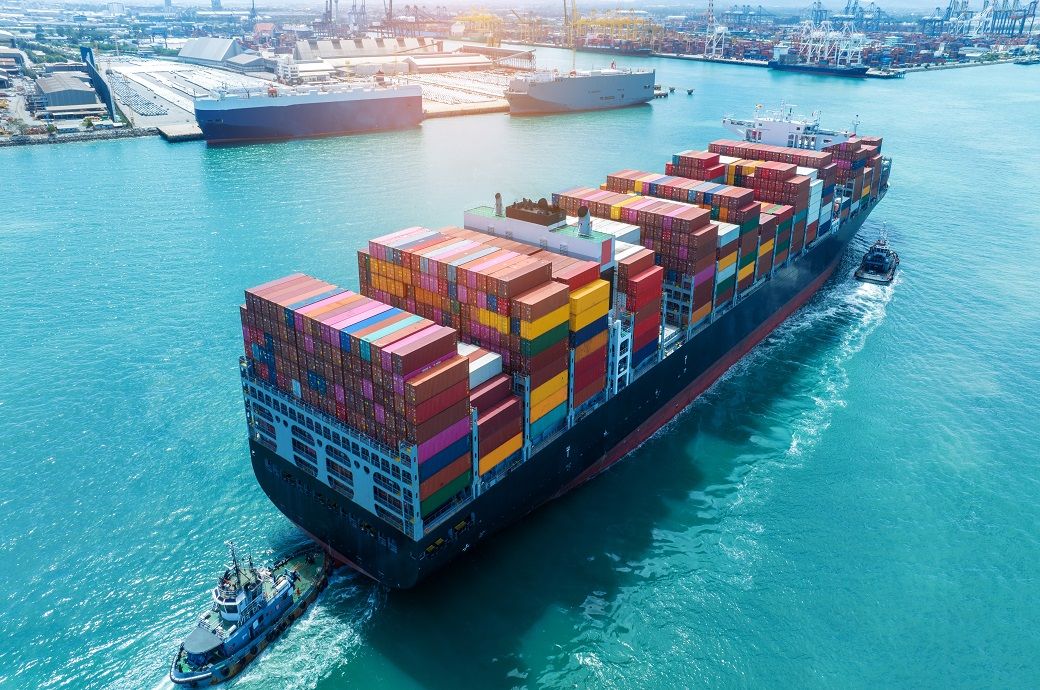
While rates initially jumped in early January, weak underlying demand and the potential return of vessels to the Suez Canal are creating a volatile environment for shippers, it noted.
Carriers pushed through general rate increases (GRIs) in early January this year, briefly lifting China-to-US West Coast rates above $3,000 per forty-foot equivalent unit (FEU). However, these hikes were largely unsustainable due to weak volumes, with rates quickly correcting to the $1,800-$2,200 range by mid-month, the logistics and supply chain market research firm said in an insights brief.
Asia’s ocean freight market is navigating short-term seasonal surges and long-term structural overcapacity, Ti said.
Asia’s air freight market is seeing a significant ‘post-peak’ correction following a record-breaking end to 2025.
Warehousing capacity in the Asia-Pacific is under severe strain in late January as manufacturing slows and labour shortages emerge ahead of the Lunar New Year.
Seasonal demand ahead of the Lunar New Year (starting mid-February 2026) has pushed North Europe rates to roughly $2,700 per FEU as of mid-January. This is a significant recovery from the October 2025 lows of $1,300 per FEU.
Despite a peak ahead of the holiday, Intra-Asia rates have begun to ‘cool’ in mid-January, settling at an average of $661 per 40-feet container as new services and capacity entered the market.
The Asian air freight market is witnessing a significant ‘post-peak’ correction following a record-breaking end to 2025. While rates have dropped sharply from their December highs, demand remains resilient in key high-tech sectors, and a ‘mini-peak’ is expected in late January ahead of the Lunar New Year.
Spot rates from major hubs like Hong Kong and Shanghai fell significantly in early January as year-end peak season demand evaporated.
Despite the rate correction, global air cargo tonnages jumped by 26 per cent in the first full week of January 2026 compared to the end-of-year slump, with the Asia-Pacific region seeing an 8 per cent year-on-year (YoY) increase in chargeable weight.
Volumes from Southeast Asia to the United States rose by 10 per cent YoY in early January, driven by importers continuing to diversify sourcing away from China.
Warehousing capacity in the Asia-Pacific is under severe strain in late January as manufacturing slows and labour shortages emerge ahead of the Lunar New Year.
India closed 2025 with 36.9 million sq ft of warehouse leasing (16-per cent YoY growth), a trend continuing into early 2026 with high demand in Delhi National Capital Region and Chennai.
After a period of oversupply, development pipelines are expected to drop by a third by 2027, making 2026 a critical ‘inflection point’ for occupiers to secure quality space before terms tighten again.
Fibre2Fashion (DS)
Fashion
Vietnam textile-garment sector targets $50 mn in exports in 2026
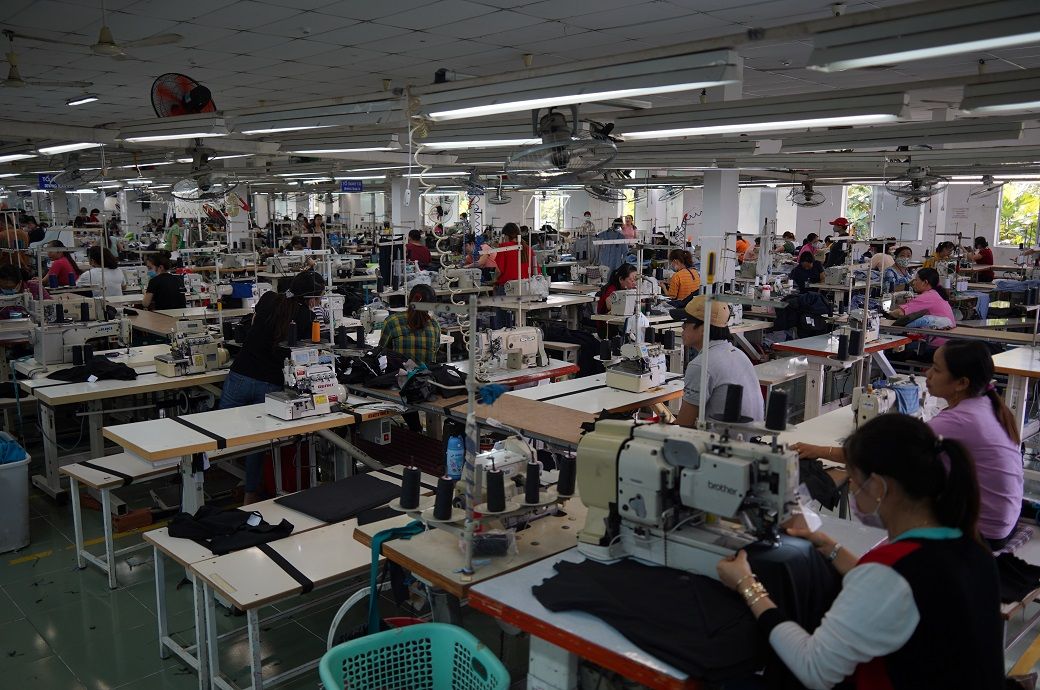
The goal, however, is challenging due to external pressures, including stricter technical barriers, reciprocal tariffs on goods exported to the United States, and the European Union’s Carbon Border Adjustment Mechanism (CBAM) for selected industrial products.
Therefore, major export industries in the country have started restructuring and adjusting strategies early in the year to seize market opportunities.
Following a record export value of $475 billion achieved in 2025—up by 17 per cent YoY—Vietnam aims at adding nearly $38 billion to the figure in 2026.
Major export industries in the country have begun restructuring and adjusting strategies early in the year to seize market opportunities.
The textile and garment sector, which earned $46 billion in 2025, has set a target of $50 billion in exports in 2026.
The textile and garment sector, which earned $46 billion in 2025, has set a target of $50 billion in exports in 2026.
The sector is focusing on strengthening domestic supply chains, raising localisation rates and making more effective use of free trade agreements (FTAs), Vu Duc Giang, chairman of the Vietnam Textile and Apparel Association (VITAS), was cited as saying by a domestic media outlet.
Exports may grow by 15-16 per cent this year, driven by market expansion and a shift towards higher-value products, according to MB Securities’ Vietnam Outlook 2026 report.
Fibre2Fashion (DS)
Fashion
Netherlands’ goods exports to US fall 4.7% in Jan-Oct 2025
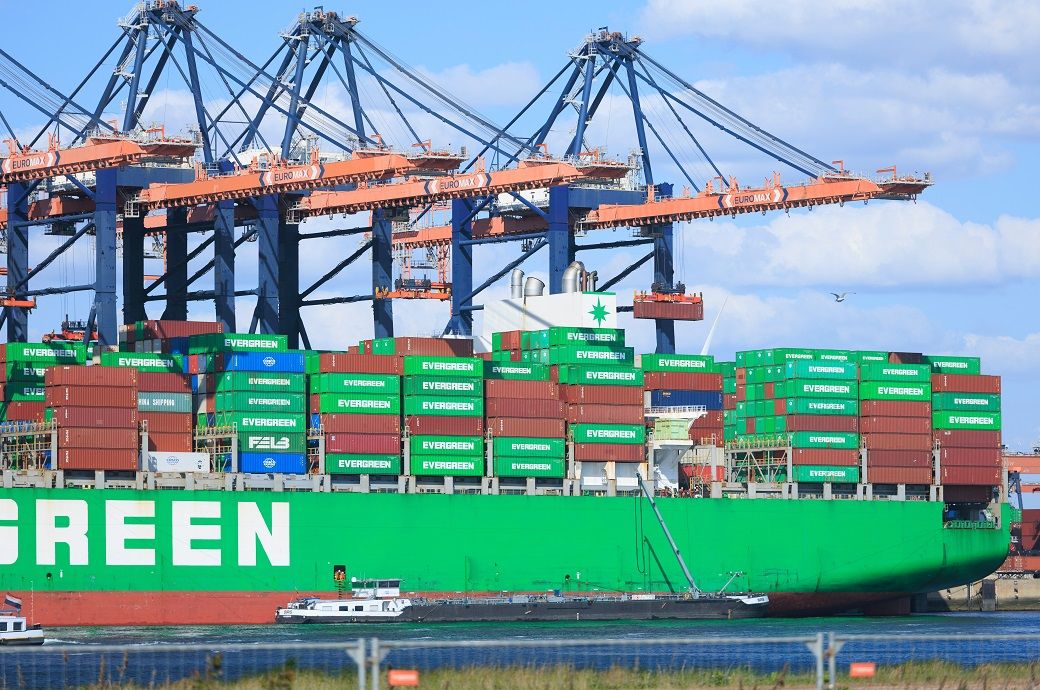
The data showed that the decline was driven mainly by weaker domestic exports, with goods produced in the Netherlands down 8 per cent YoY. In contrast, re-exports to the US rose 3.9 per cent during the period. Exports to the US have fallen every month on a YoY basis since July, CBS said in a press release.
Trade flows were influenced by uncertainty around US import tariffs. In the first half of 2025, trade between the two countries continued to grow, possibly as companies advanced shipments ahead of announced tariff measures.
Goods exports from the Netherlands to the United States fell 4.7 per cent YoY to €27.5 billion (~$33 billion) in the first ten months of 2025, driven by an 8 per cent drop in domestic exports, according to CBS.
Re-exports rose 3.9 per cent, while tariff uncertainty weighed on trade.
Imports from the US increased 1.9 per cent to €48.1 billion (~$57.7 billion).
Meanwhile, imports from the United States rose 1.9 per cent YoY to €48.1 billion (~$57.7 billion) in the first ten months of 2025.
Fibre2Fashion News Desk (SG)
-

 Sports6 days ago
Sports6 days agoPSL 11: Local players’ category renewals unveiled ahead of auction
-

 Entertainment5 days ago
Entertainment5 days agoClaire Danes reveals how she reacted to pregnancy at 44
-

 Business6 days ago
Business6 days agoBanking services disrupted as bank employees go on nationwide strike demanding five-day work week
-

 Tech1 week ago
Tech1 week agoICE Asks Companies About ‘Ad Tech and Big Data’ Tools It Could Use in Investigations
-

 Fashion1 week ago
Fashion1 week agoSpain’s apparel imports up 7.10% in Jan-Oct as sourcing realigns
-

 Sports5 days ago
Sports5 days agoCollege football’s top 100 games of the 2025 season
-

 Politics1 week ago
Politics1 week agoFresh protests after man shot dead in Minneapolis operation
-

 Business1 week ago
Business1 week agoShould smartphones be locked away at gigs and in schools?




